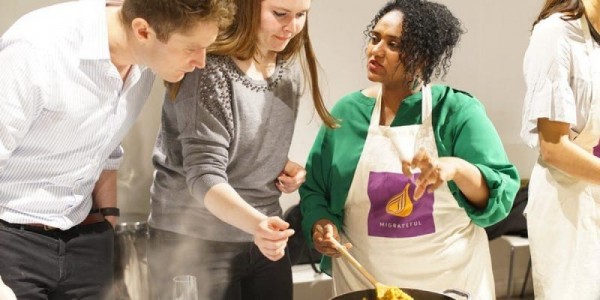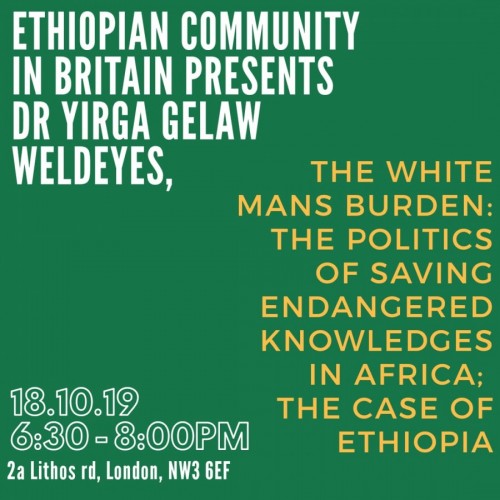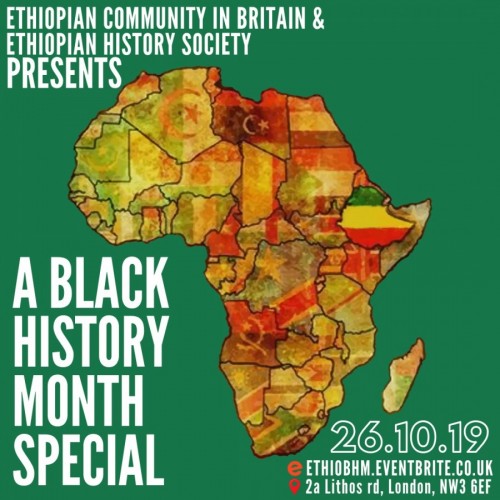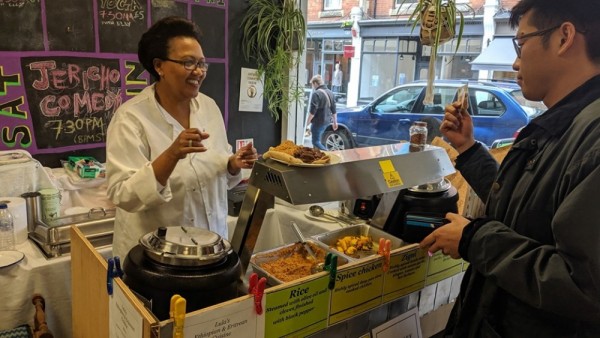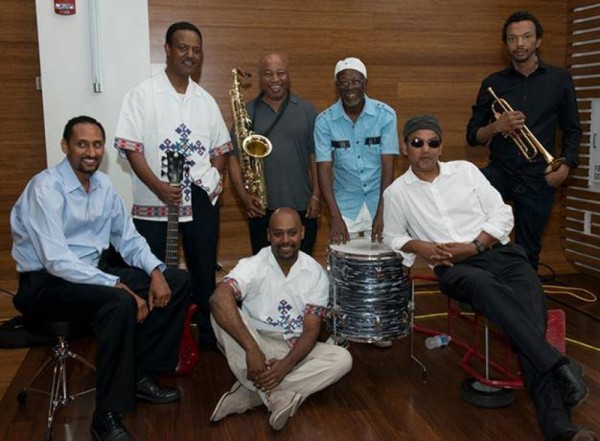Lecture - Coffee and Flower Growing in Ethiopia - 09.04.15
Coffee and Flower Growing in Ethiopia Lecture by Professor Christopher Cramer
Although Ethiopia's economy has been undergoing dramatic changes and experiencing one of the fastest growth rates in the world - especially striking for a non-mineral resource dependent African economy - huge numbers of Ethiopians remain desperately poor. One approach favoured by many outsiders, and appealing to some particular interest groups within Ethiopia, is to try to take advantage of various 'ethical trade' initiatives including Rainbow or Fairtrade certification of agricultural exports like coffee or flowers.
Fairtrade gives a warm feeling to the Western consumer trying to 'do the right thing' by their consumption choices. But who really benefits and how much do we know about how Fairtrade works? This talk reflects on four years of research in rural Ethiopia (and Uganda) on Fairtrade, Employment and Poverty Reduction, that sought to find out about the relative benefits of Fairtrade for the poorest people, i.e. wage workers, in areas dominated by Fairtrade certified producers versus those working for wages in areas producing the same commodities (coffee and flowers in Ethiopia) that did not have certified producer organizations. The findings of this DFID funded research were striking and generated international interest when first published in 2014. The talk will introduce the methods used in the research, the key findings, and some of the reactions and obstacles faced, both in Ethiopia and in the UK.
The Anglo-Ethiopian Society is affiliated to the University of London’s Centre of African Studies (CAS) and all of our events at SOAS are co-hosted with CAS.





